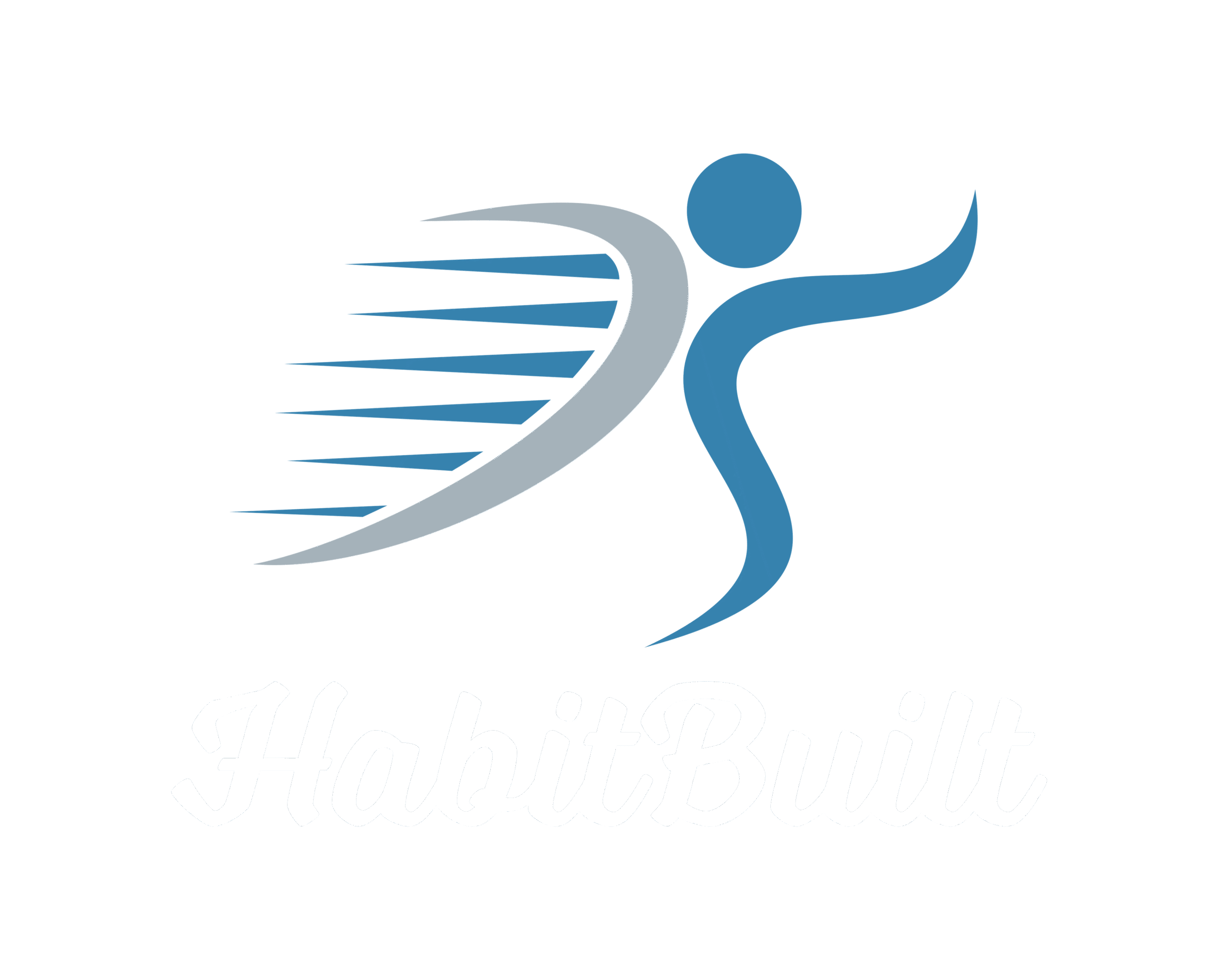Journaling isn’t some new-age fad. It’s got roots stretching back centuries in therapeutic practices. People have used personal writing as a way to navigate their inner world since forever, and today, psychologists still harness this mighty tool. It’s like having a conversation with yourself, just on paper, without the back-and-forth obviously.
So, what exactly is journaling? It’s basically dumping your thoughts, feelings, and random musings onto paper or any digital platform that floats your boat. Whether you’re jotting down bullet points or crafting lengthy prose, if it’s helping you figure out your mind, you’re doing it right. Journaling matters because it’s your space. No judgments, no critiques—just raw, unfiltered life.
And not all journaling’s the same. You’ve got expressive writing where you let it all out, gratitude journaling focuses on the good stuff, and then there’s bullet journaling that keeps everything structured and snappy. Whatever works for getting your thoughts in line.
There’s some real scientific oomph backing this up. Journaling helps with processing our emotions and gives a clearer mental picture. It’s like shining a flashlight in a dimly lit room, making sense of that jumbled mess of thoughts.
Emotional Benefits of Maintaining a Personal Journal
Journaling’s like a peaceful release valve for all those bottled-up emotions. Letting them spill out onto paper eases the pressure, offering a kind of emotional catharsis that’s both freeing and healing.
When you start jotting down your thoughts and feelings, you begin noticing patterns and triggers. Journaling boosts emotional awareness, helping you understand the ‘why’ behind your feelings. This newfound clarity often leads to better emotional control and healthier reactions.
Trying to keep calm in this chaotic world? Journaling can seriously help with stress and anxiety management. By articulating fears and worries, they seem less daunting, less terrifying.
There’s also an uplifting effect from practicing gratitude journaling. Focusing on positive experiences and things you’re thankful for can significantly boost your mood, fostering an overall sense of calm.
Cognitive Advantages Arising from the Habit of Writing
Ever felt overwhelmed with a tangle of thoughts? Journaling’s like a mental declutterer. When you write things down, they get organized in your brain too, which boosts your problem-solving skills. It’s like giving your mind a neat little bucket to sort things out.
Journaling doesn’t just get your thoughts in order – it can help lock them in, too. Writing things down enhances memory and retention. Look at it as leaving breadcrumbs for your brain. As you describe your day or jot down important thoughts, you’re more likely to recall them later.
Focus and concentration also get a boost when you’re in the habit of regular reflection. That unwavering attention you need for daily tasks? Journals help sharpen that edge, with the continual practice of honing in on specific thoughts or experiences.
Got a creative block? Journaling can kick that right out of the way. The freedom of writing encourages spontaneous and creative thinking, prompting new ideas and perspectives. Sometimes the best ideas come from just letting your mind wander across the page.
How to Start Journaling: Tips and Techniques for Beginners
Choosing the right journaling method can feel like picking the perfect pair of shoes—it’s all about personal comfort and style. You might lean towards a traditional diary, or perhaps a bullet journal suits your fast-paced lifestyle better. Either way, find what feels most comfortable for you.
Setting realistic goals is key. Don’t aim for hours daily if you can manage just ten minutes. Consistency beats quantity any day, so even the shortest, most concise entries add up over time.
Crafting a routine can make journaling second nature. Try writing at a peaceful time of day, like right before bed or during your morning coffee. Creating a tranquil, distraction-free environment can help make this new habit stick.
I know, starting something new always comes with hurdles. Writer’s block is no stranger to any of us, but don’t let it stop you. If words feel elusive, start with some doodles or bullet lists. The important thing is to show up, not to write a masterpiece every single session.
Lastly, think about your tools. Try digital apps for writing on the go, or stick to the classic pen and paper, if that’s what works for you. Different methods can offer fresh inspiration, so feel free to experiment until you find your perfect journaling groove.

